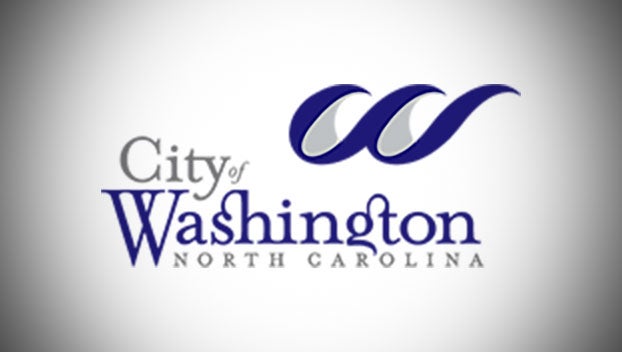City aims for revenue-neutral property taxes
Published 7:42 pm Tuesday, May 15, 2018
When Washington’s City Council sets the property-tax rate — currently proposed at 53 cents per $100 valuation — for fiscal year 2018-2019, that rate will be revenue neutral, meaning the new rate will generate the same amount of revenue the current rate generates.
That does not mean city taxpayers will pay the same amount of property taxes in the upcoming fiscal year, which begins July 1, that they paid this fiscal year. Some property owners will pay more, some will pay less and others will pay about the same.
Their tax bills, under a new tax rate, will depend upon whether the values of their properties increased, decreased or remained unchanged.
The 53 cents per $100 valuation is the proposed property-tax rate for the upcoming fiscal year. The current rate is 52 cents per $100 valuation. The change in the rate is necessary because of the revaluation process that must occur at least every eight years in a county.
The existing rate generated an estimated $4,526,608 in revenue for the city in the current fiscal year, according to a city document. After revaluation, a rate of 52.26 cents per $100 valuation would generate the same revenue as the existing rate.
Matt Rauschenbach, the city’s chief financial officer, told the City Council during its meeting Monday state law requires the city’s budget officer to do the following when developing a tax rate to account for revaluation:
- determine a rate that would produce revenues equal to those produced for the current fiscal year using new property values;
- increase that rate by a growth factor equal to the average annual percentage increase in the tax base caused by improvements since the last general re-appraisal;
- adjust the rate to account for any annexation, de-annexation, merger of similar event that might have occurred in the past eight years.
Property values, as a result of the latest revaluations, decreased an average of 1.47 percent, according to Rauschenbach. The proposed tax rate, as required by state law, includes a 0.57-percent growth factor, he said.
“So to be revenue neutral, we need to go to 53 cents?” Mayor Mac Hodges asked Rauschenbach.
“Fifty-three cents, and that would generate the same taxes as our budget is now. We put together a budget that assumes the same amount of taxes would be generated by the levy,” Rauschenbach said. “By adjusting the rate to 53 cents, that accomplishes that.”
The following is an example of a revenue-neutral property-tax scenario. If a homeowner owns a house valued at $100,000 and the property tax rate is 52 cents per $100 valuation, that homeowner pays an annual tax of $520. If the value of that house increases to $125,000, the homeowner would pay $650 a year in taxes if there were no revenue-neutral policy in place. By lowering the tax rate to 41.6 cents per $100 valuation, a government would receive $520 a year in taxes, the same amount the homeowner paid in previous years.






